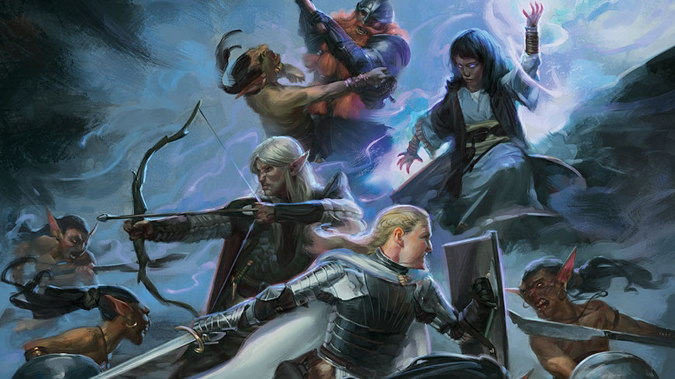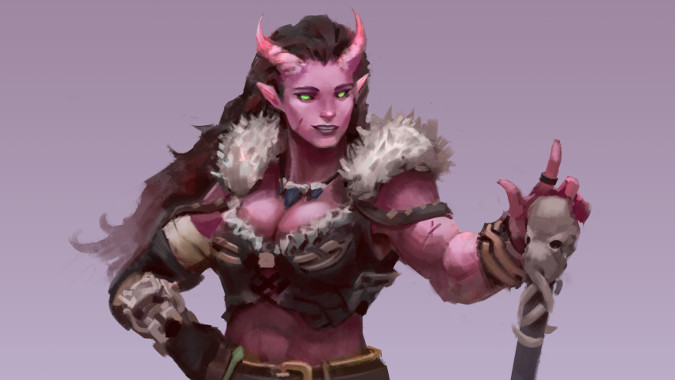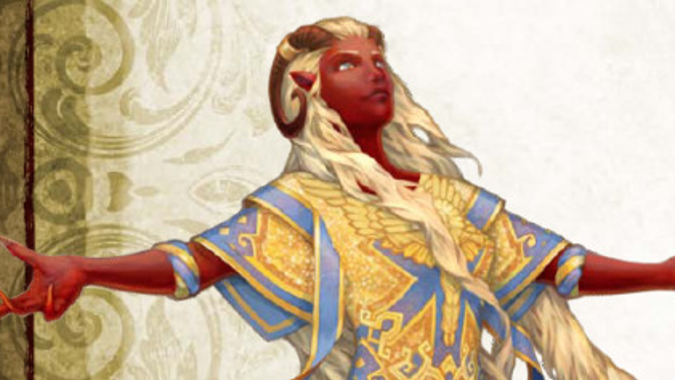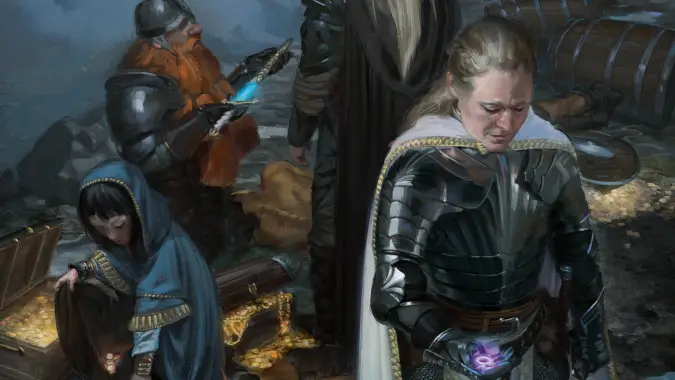You don’t have to kill everything — how to reward players differently in D&D

The first time I realized I could just give players a level whenever I felt it was appropriate for the story, I almost fell over.
This was years before Dungeons and Dragons introduced Milestones for leveling, but it was much the same principle. Back in the day — the day being 1985 — I was running a game in the D&D Known World that would today be called Mystara, but using AD&D instead of D&D because the box sets were for babies and I was a very grown up 14 or so. We were under the impression that killing monsters and accumulating gold were the main markers for gaining experience. No, seriously, the amount of gold you got was actually worth XP — a dragon’s hoard wasn’t just economic power, it was literally a way to gain personal power. “Huh, after I found that mountain of gold, I understand how to cast more spells.”

Travel the world, don’t kill everything
This was literally a thing that happened. But one Sunday, struggling with how to convert the module The Lost City (still one of my favorites) I realized that no, I didn’t have to do that. I didn’t have to let them keep track of their XP at all. I could literally just tell them when they leveled up. Had they successfully united the three warring factions of Cyndicea and fought their way into the underground lake where the Priests of Zargon controlled everything? Then they could level up, and get stronger before taking on Zargon himself. It made sense, and it was less bookkeeping.
And it meant I could give them the same experience for not having killed the three warring factions that I would have had to for them killing literally everything. This isn’t a groundbreaking idea now, it’s been around for years. But then it hit me like a bomb, and I admit, I didn’t adopt it to reward the players for unconventional thinking, although it accomplished that. I also didn’t do it to reward them for not just killing everything, or for good roleplaying, although it helped with both of those too. I did it because I was so utterly sick of having to calculate the XP value of every single scrap of loot they found.
So how do Milestones work in D&D 5e? It’s not really that complicated.

The journey is the destination
You can use the Milestone system to decide when XP gets awarded, if you still wish to preserve the Experience Points system. So when your players accomplish a major story moment in your adventure — they figure out who in town is working with the bandits, or discover the hiding place of the Emerald Eye — you give them an XP award. In this fashion, players are still given the task of keeping track of their XP and will still level when they reach the proper amount of XP to do so. This just removes some level of bookkeeping from the system — you don’t have to calculate out each monster’s total XP value, for example. This means that you can reward players XP for an adventure even if they successfully avoided combat, made alliances, or accomplished their goal and ran away.
However, it’s not strictly speaking necessary to preserve XP at all. Using the Milestone system, you can simply decide when the players should hit a level. This frees you up from having to keep track of how much XP they’ve accumulated, and gives you the ability to ensure they’re at the proper level to face whatever challenges you have in store for them.
You may already be wondering what to do if your players decide to do something completely against your plans, though. What if you’d intended that they go to a small town, fight some bandits, and save the day but instead they completely bypassed that town and went on a wilderness romp to the mountains? Or what if they went instead to the Mines of Molara and were defeated soundly by the Hobgoblin King and forced to flee? What do I do now?

Tailor the game to your players
Well, the first thing I’d say is, if they go to the wilderness and have fun and reach the Ice Fortress of the Dwarven Lords, that’s an experience. Sprinkle some encounters on their path, maybe one or two big fights, and then when they’re presented to Lorzan Kraghammer as likely adventurers and given a few possible jobs to complete you can always decide to level them up. And for that whole bit when the Hobgoblin King kicked their butts and they had to run?
Experience points and leveling are a mechanic that exist to simulate learning and growing from one’s experiences. You can learn from a defeat. There’s no reason you can’t let your players level up after they lose a big fight, as long as they managed to escape or otherwise extricate themselves from it. It’s absolutely a learning experience, even if all they learned was we shouldn’t have picked a fight with that hydra when nobody could do fire damage to it. That’s still a lesson learned and it can contribute to growth and progress.
Basically, by abstracting the process out and not making it specifically about every monster killed, you can allow your group to discover what kind of games it likes to run. If you’re all super into dungeon crawling, tons of monsters slain, and a general sense of combat and loot gathering? Great, use that system, it works for you. But if you’ve got a party with players who try and seduce or interact with every NPC and end up with a Kobold in the party because they talked her into joining, and who are more likely to try diplomacy first before drawing weapons, there’s no reason you can’t reward them for that. Using Milestones makes it more about getting to the story beats, and that’s great for players who care about that journey.
Originally published October 5, 2020. Updated January 6, 2022.
Please consider supporting our Patreon!
Join the Discussion
Blizzard Watch is a safe space for all readers. By leaving comments on this site you agree to follow our commenting and community guidelines.
 @MatthewWRossi
@MatthewWRossi




